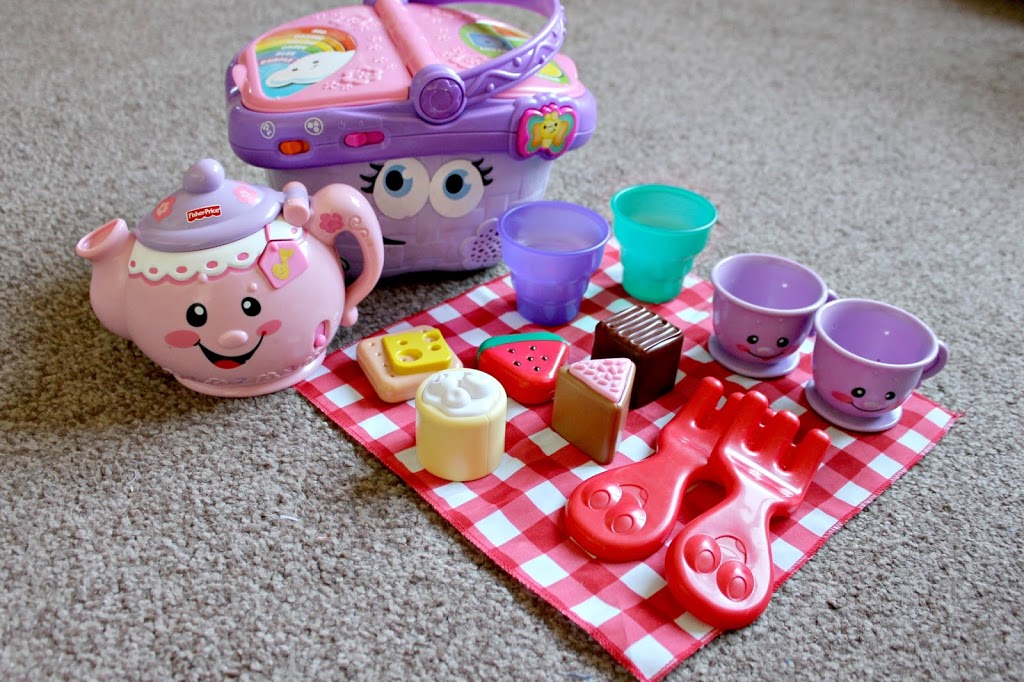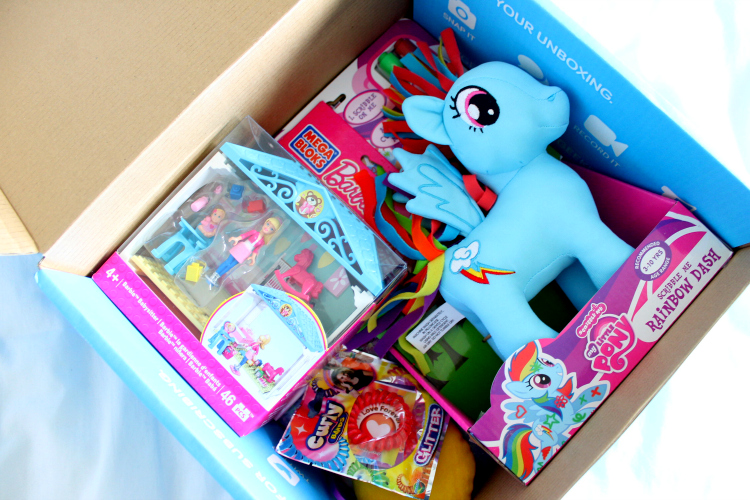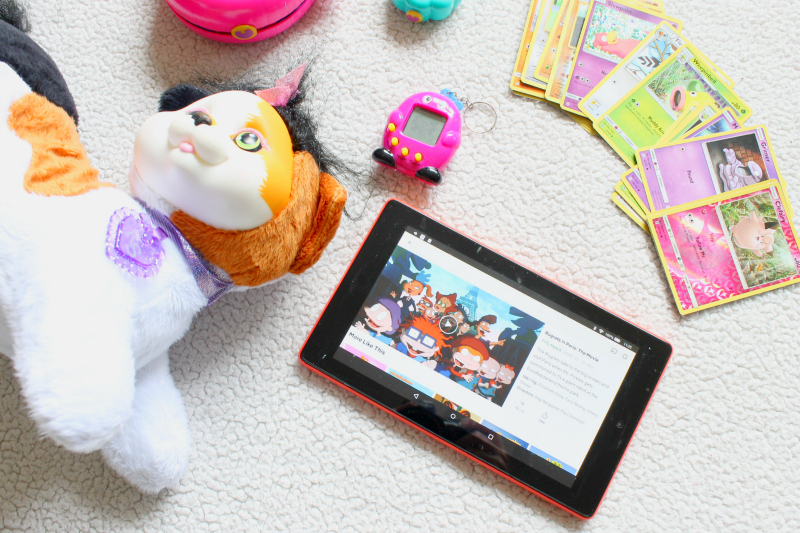
Money-Saving Tips You Can Teach Your Child*
Alongside the education your child will get from school, learning from their parents the importance of ongoings and everyday life is crucial, and teaching your child the value of money (and spending it wisely) can be an invaluable lesson for them in later life, strengthened only when taught from an early age.
Here are some great ways to teach your child about money-saving.

Starting small
Buying your child a piggy bank or money box as a starting point is a way to get them saving for something they want, and teaches them the benefits of patience in a tangible and fun way. In fact, many banks offer colourful coin-counters and toys as incentives for joining up with their accounts, as they know they are something that children enjoy.
Many adults still remember their childhood stories of saving up pocket money for weeks in order to afford that new gadget, and the sense of fulfilment and ownership over that item they felt when their patience paid off. Additionally, teaching them to earn something via helping around the house etc. can be rewarding for you both.
Putting away savings
Starting a savings account with your child and teaching them how to invest their money can be another rewarding joint activity. If your child gets a lot of birthday money from friends and family, why not suggest they put some of it away in an account for a rainy day? They might thank you for it in later life, and it may influence their decisions as an adult when spending sporadically and deciding to invest in their own endeavours. With property investment companies such as RW Invest making investment opportunities more effortless than ever before, with full experience in the field and a vast network of connections to relevant developers, there are great ways of making money in the future that your child can learn about elegantly from a young age.
Teaching your child about finances from an early age can be a brilliant way of giving them a head start later in life, as they will pick things up a lot faster than others who are having to learn as they go along.
Bargain hunt
Dragging your child along to do the weekly shop may feel like a bit of a frustrating challenge at first, as they might seem more interested in whizzing the shopping trolley down the isles than deciding on what types of vegetables to buy, but it can prove to be an interesting and eye-opening exercise for both parties.
Nearly all supermarkets offer their own-branded, often cheaper version of products you would typically buy, and it can become a fun game for your child trying to beat the price of what you usually put in your basket. ALDI currently show this idea in their ‘I like these, but I also like these’ advertising campaign.
Using ‘Gamification‘ – the process of turning an everyday activity into a fun task or game by applying game-like rules such as points and rewards – can be a great way to get your child to engage in a considerable number of tasks that they otherwise may not want to. Not only can this turn chores into a fun routine, but it’s also an opportunity to come up with some inventive ways that you and your child can do things together, or ways in which your child can help you.




